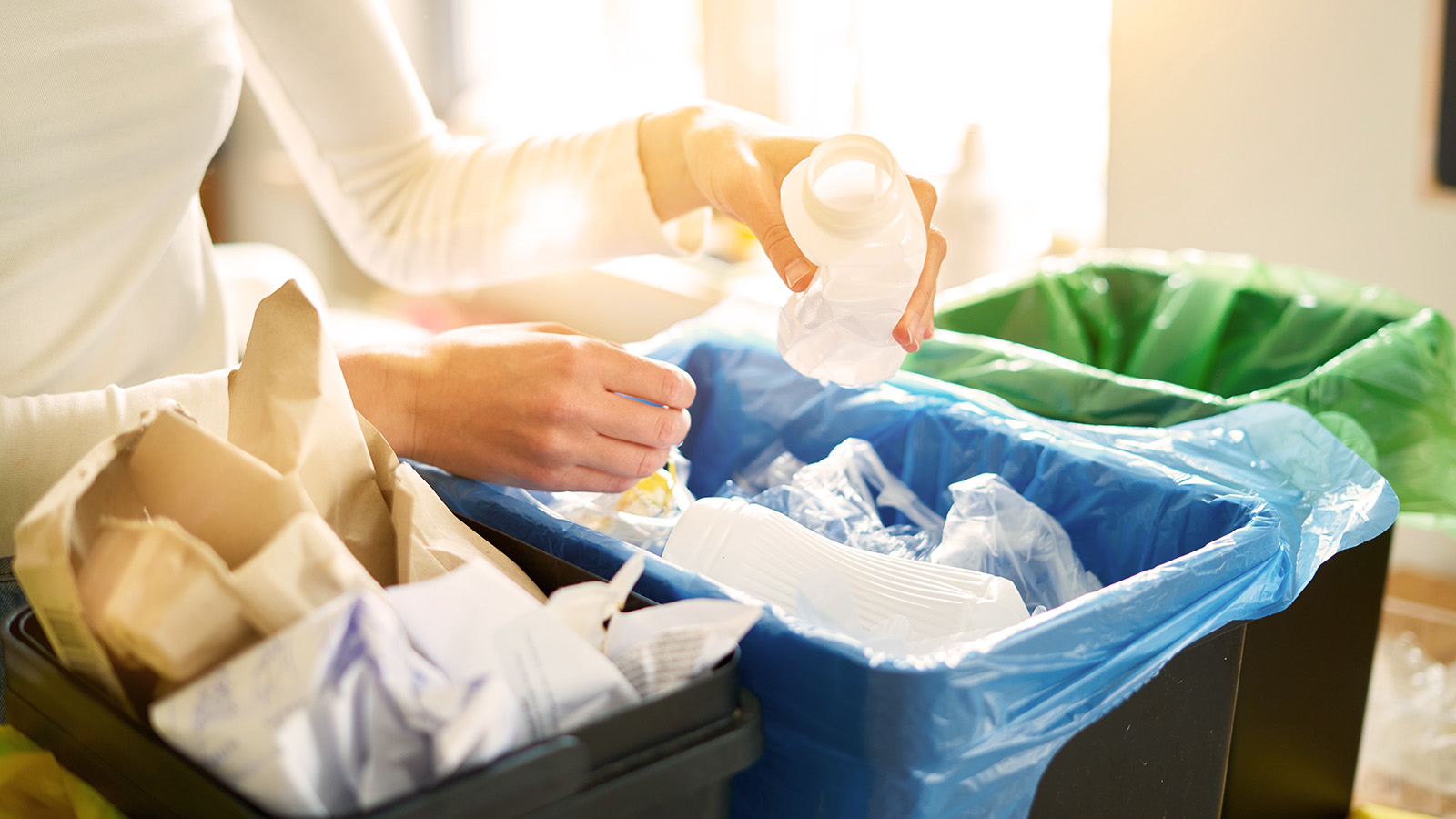
We all want to do our bit to recycle more and reduce waste. In fact, there’s even a term that describes the act of putting items into your kerbside recycling in the hope that they will get recycled: it’s called 'wishcycling'.
But there are some things that simply can’t be recycled, even if you wish they could! Throwing the wrong items in your kerbside recycling can cause a whole host of problems. These range from damaging recycling machines, to the contamination of a whole batch of perfectly recyclable materials. So even if you have the best of intentions, it’s good practice to check what items shouldn’t go into your recycling.
Recycling rules can be confusing, and vary by area. So if in doubt, read on for our list of 9 things you should never recycle — with some suggestions to help divert these items from landfill.
1. Pizza boxes
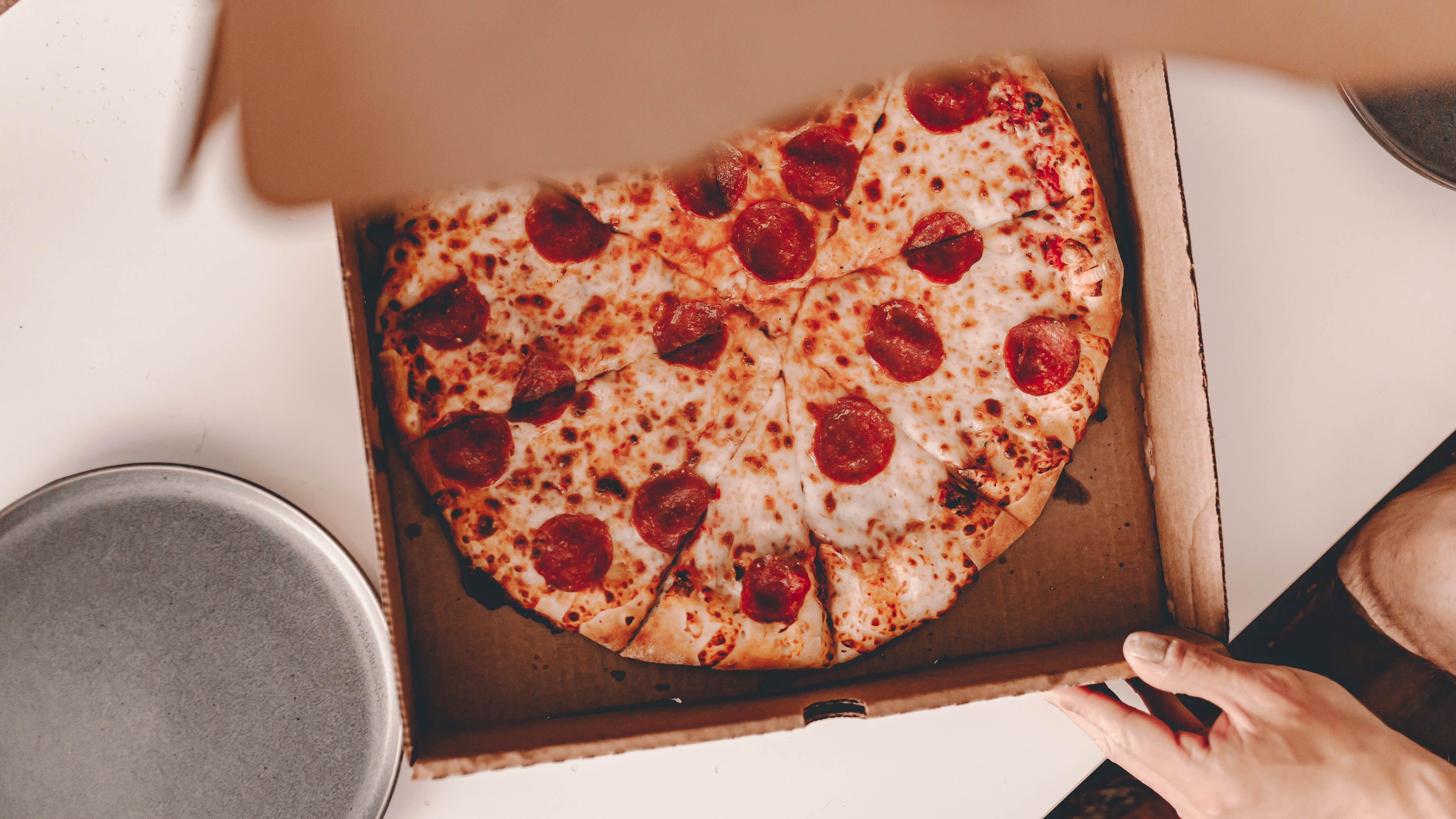
Cardboard is one of the most readily recycled materials around, so it’s not a huge leap to assume your take-out pizza box can go into the recycling. However, if your box is soaked in grease, then many recyclers class it as contaminated and won’t accept it.
But there are a few things you can do. Firstly check the recycling rules in your area, you might be lucky enough to live in a zip code where pizza boxes are accepted.
If used pizza boxes are a definite no-no in your area, you can rip up the box for partial recycling. For example, if it’s only the bottom of the box that’s greasy. You can still put the top and sides in with your other cardboard recycling. Furthermore, if you have a home compost bin, you can compost the grease soaked cardboard instead of sending it to landfill.
2. Coffee cups

While they certainly look and feel like they should be recyclable, the majority of single-use coffee cups have a thin later of polyethylene inside which prevents the coffee from soaking the cardboard material. Otherwise, your takeout drink would get messy very fast!
Some coffee cups can be recycled though, so it's worth checking the packaging. If it is recyclable, remember to rinse out the inside, as this could impact how it's processed.
The best option would be to buy one of the best travel coffee cups and avoid buying single-use coffee cups altogether. Some places even offer a discount when you do!
3. Paper receipts
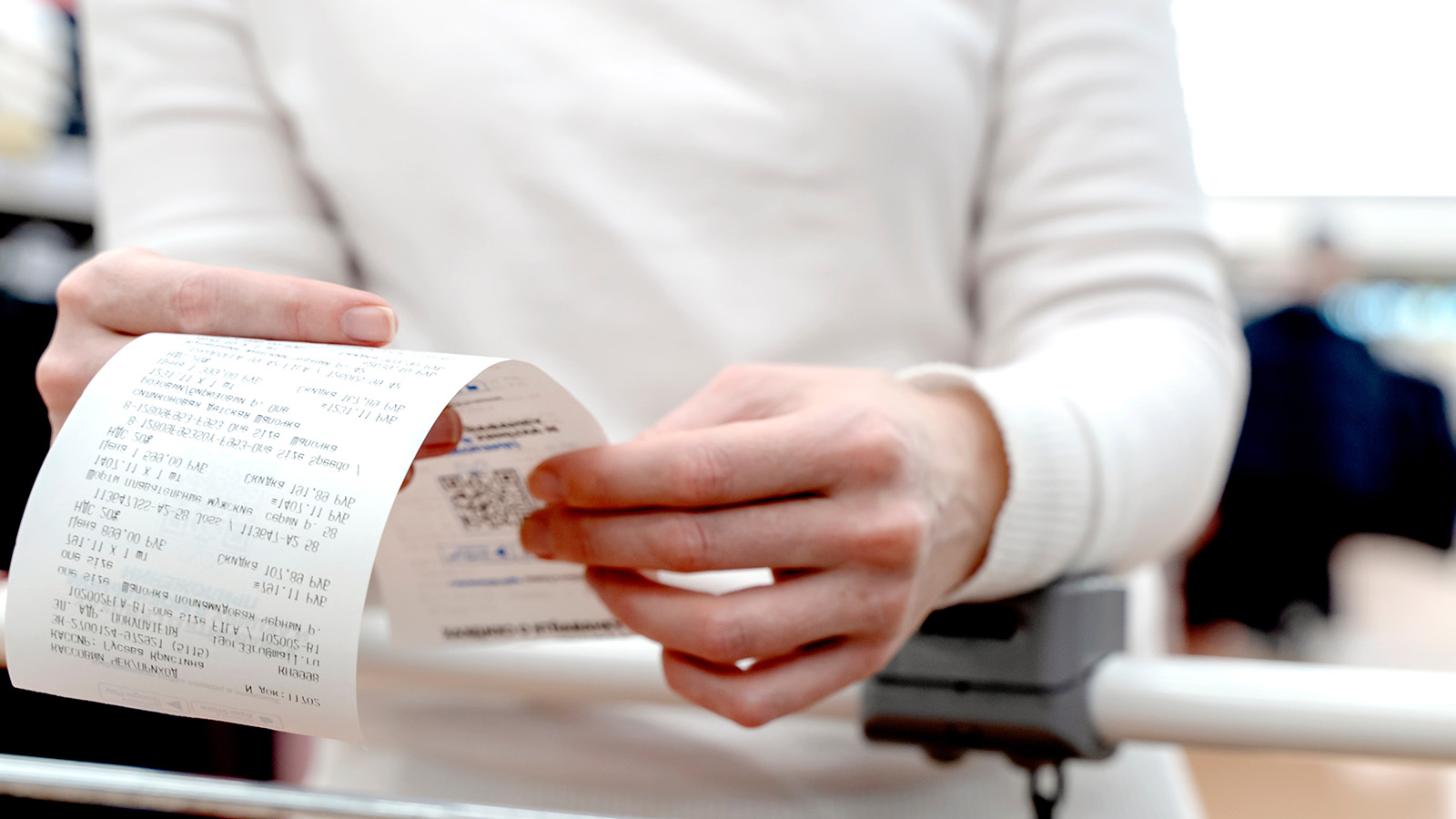
While they're typically made of paper, most of the receipts you get at the store will be made from thermal paper, containing BPA. BPA is actually quite dangerous for humans and animals, and these chemicals can be absorbed through the skin, meaning it's always better to ask for a digital receipt where possible.
But if you do receive a paper receipt, you should keep in mind that they cannot decompose like normal paper, making your entire receipt non-recyclable.
4. Bubble wrap and plastic bags
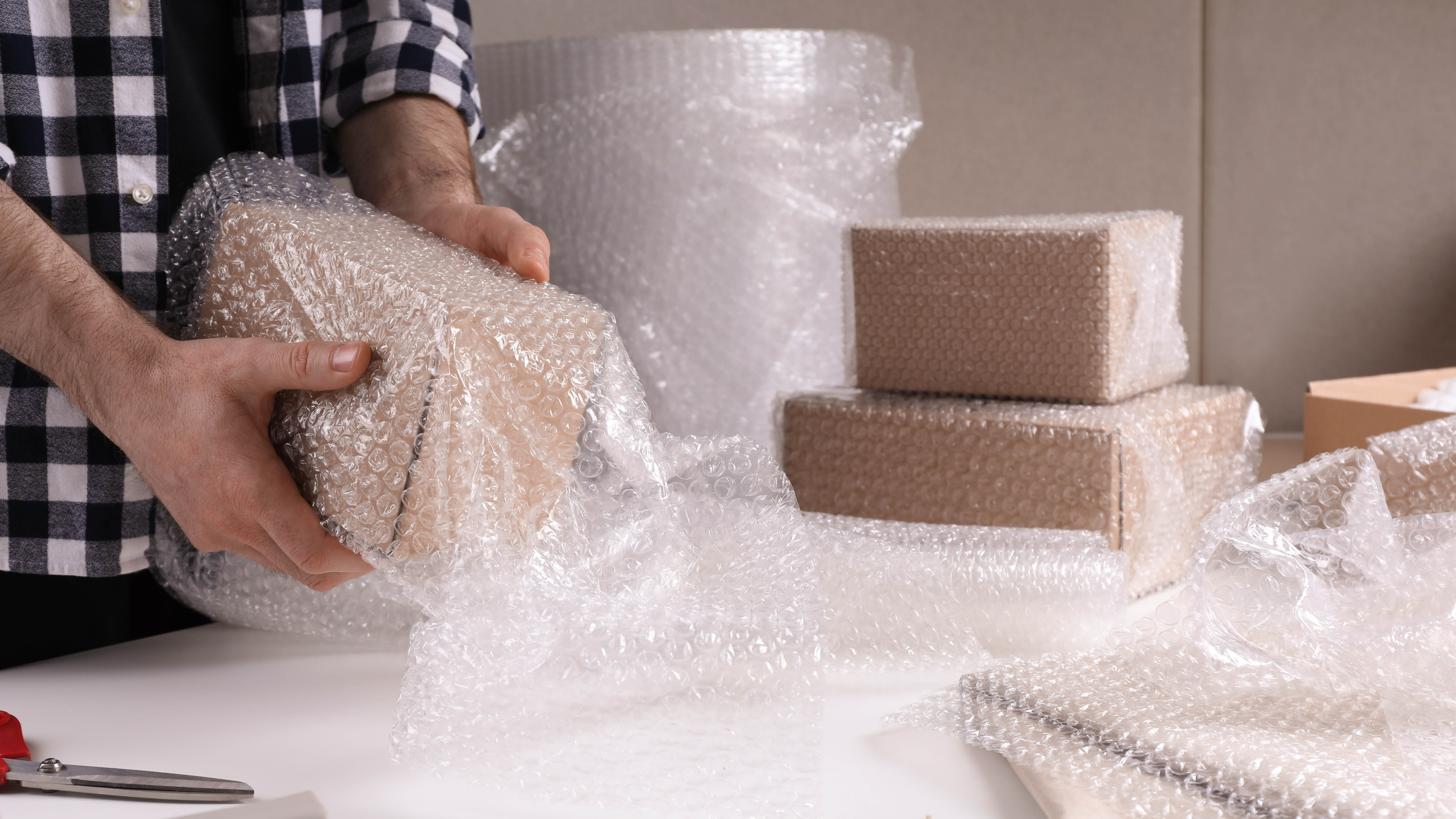
These are made of plastic and plastic is recyclable, so adding them to the rest of your plastic for kerbside collection is a no-brainer right? Sadly, it’s not that simple.
Bubble wrap and plastic bags are made of very thin plastic that easily gets tangled and can damage recycling machines. But, if you’re willing to put in a bit of extra effort, you can save these plastics from heading to landfill.
Some larger grocery stores have collection bins for this type of plastic, so if you save it all up, you take it to your nearest store for recycling. Alternatively, if you have a lot of bubble wrap, list it on your local community buying and selling groups for free, and someone moving house is likely to thank you for it.
Some thrift stores will take donations of plastic bags that they can use for customer purchases, but it’s best to check with them first.
5. Expanded polystyrene
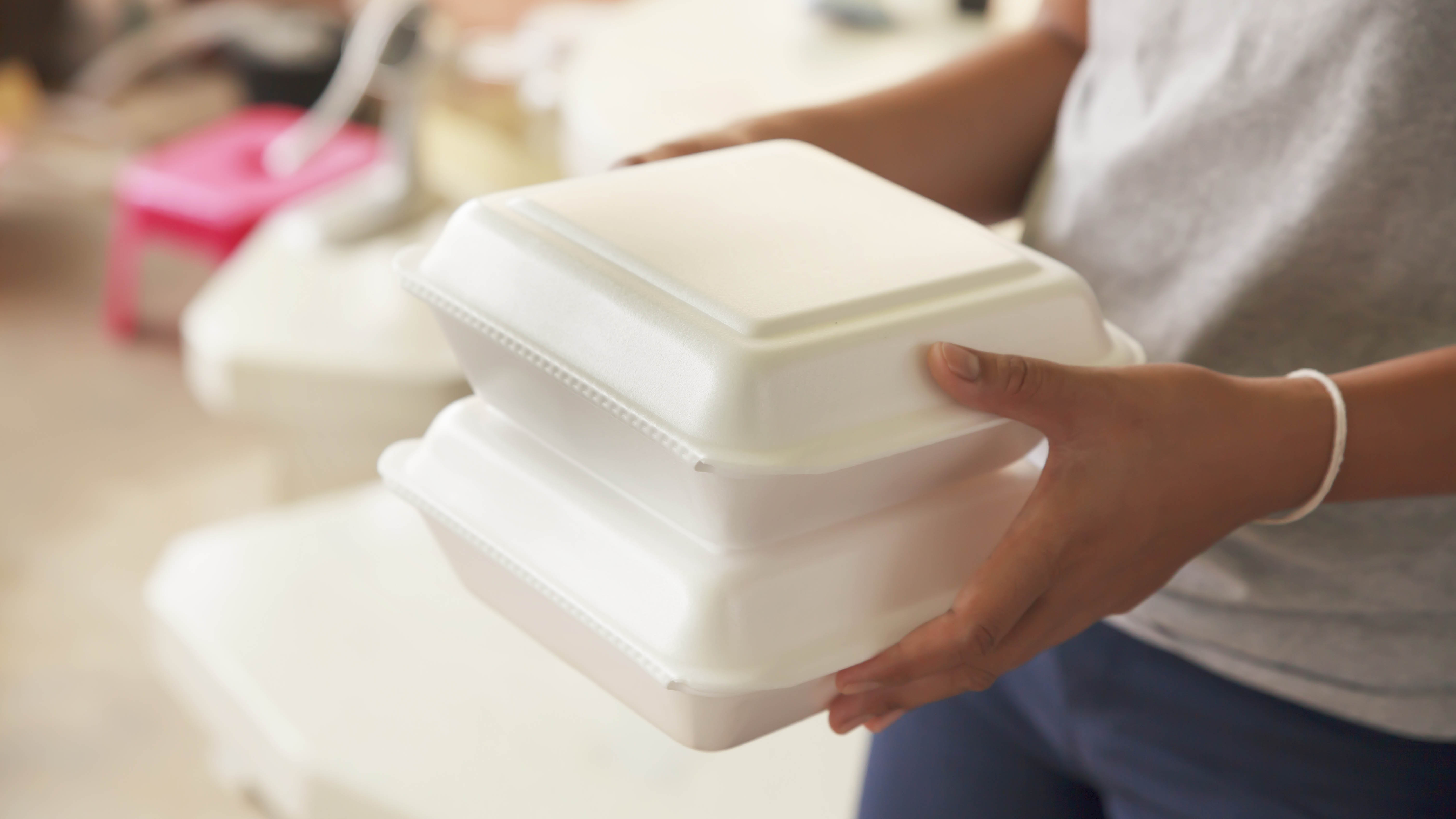
Expanded polystyrene foam packaging, packing peanuts, plus foam take-out food containers are all made out of a material that’s very hard to recycle. In most areas this needs to go in your trash, but you may be lucky enough to live in a part of the country where recyclers accept expanded polystyrene — so do check locally.
Some expanded polystyrene packaging, especially packing peanuts can be reused. But if at all possible, try to avoid buying items that come in this type of packaging or containers. There are companies using cardboard and other alternatives, so it's best to try and seek them out where possible.
6. Mirrors and toughened glass
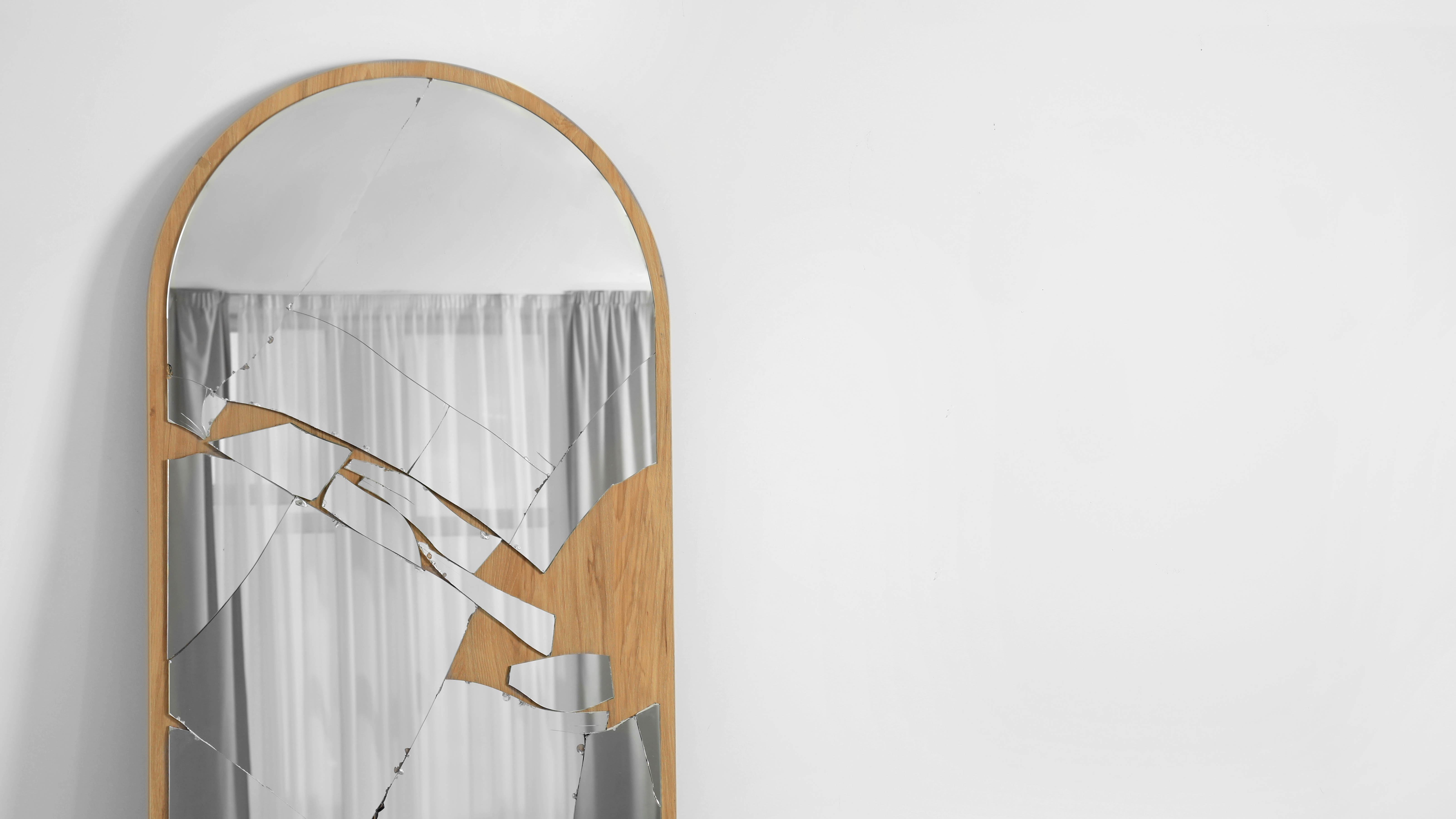
Glass is one of the original recyclable materials. People were taking back bottles for reuse and recycling long before we were thinking about recycling plastics and other items. However, contrary to what you may believe, not all glass items can be recycled.
The coating on mirrors that makes the glass reflective, also makes it difficult to recycle. So broken mirrors will have to go in the trash, bagging it up or wrapping beforehand. While unbroken mirrors can be donated to thrift stores or given away for free in local community groups.
Toughened glass like window glass and glass cookware are both different to standard glass and not as easy to recycle. Like mirrors, if you can donate them, that's the ultimate form of recycling. But dispose of any broken glass in the trash.
7. Hangers
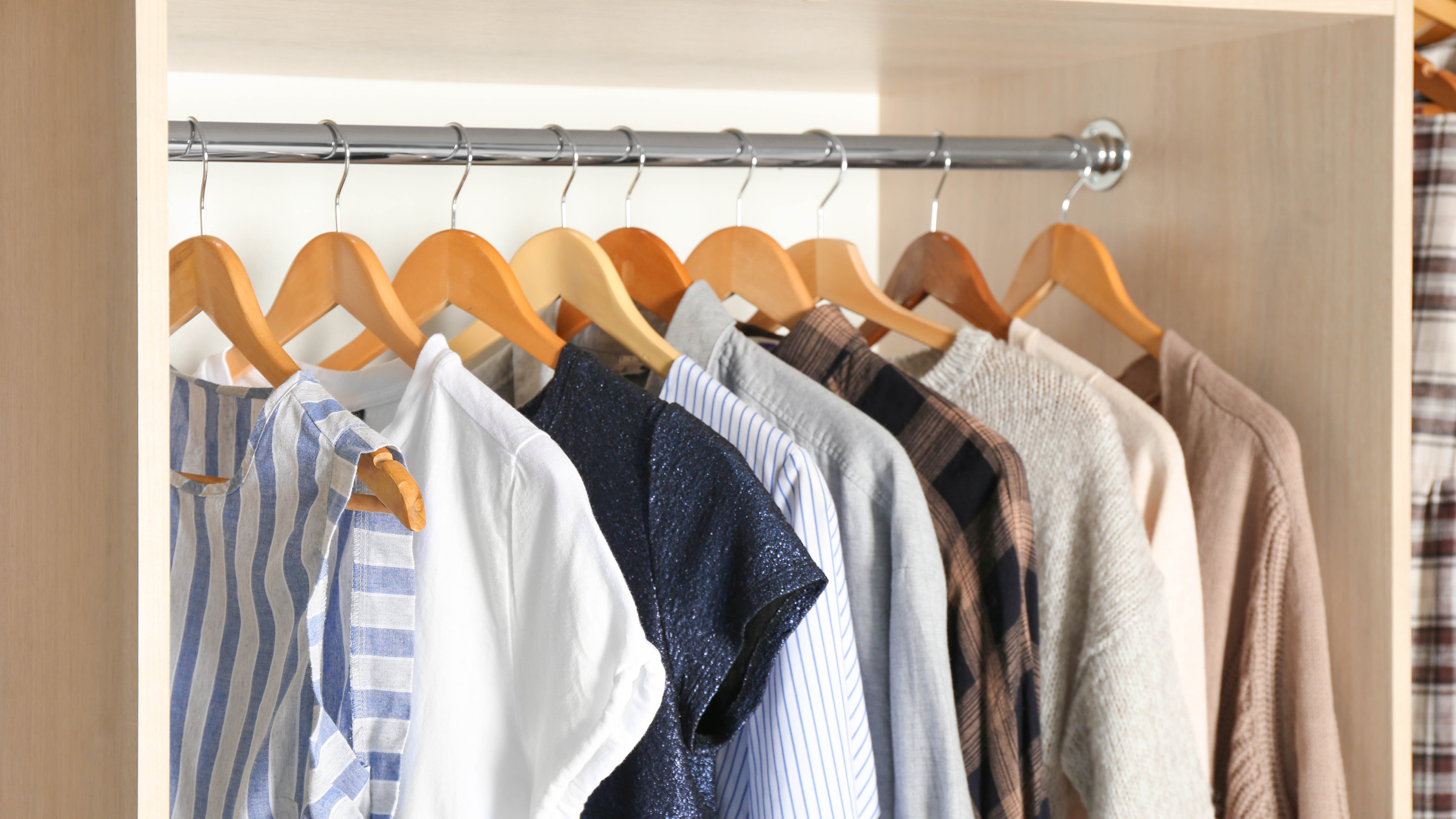
Whether metal, plastic, or wood, hangers can’t usually be recycled. Check your local collection rules, as in some areas, metal hangers are accepted in kerbside collections. However, many do not accept them as they can get tangled with other items or caught in recycling machinery.
Wooden hangers are made of treated wood which can’t be recycled or burnt. And plastic hangers are usually made of mixed plastics, so are not easily recyclable.
Thrift stores might accept hangers for reuse, or try listing on local groups — people always need hangers. Sometimes you have to think creatively to save items from landfill though. For example, local crafting groups may be able to make use of metal hangers to create craft items.
8. Hardcover books

This is another surprising one, because paper is very easily recycled. However, the hardcover often contains non-paper substances, and it can be difficult for recycling plants to separate out these substances.
Removing the hardcover and just recycling the paper pages is one way to get around the problem. But really, you shouldn’t be putting books in the recycling unless the condition is really poor.
Books are a great item to donate, but don’t just dump them at your local thrift store though. Try a variety of community groups, like those for the young and the elderly. There’s always someone who’ll be happy to delve into the latest novel or a group that needs some new children's books.
9. Paper plates and towels
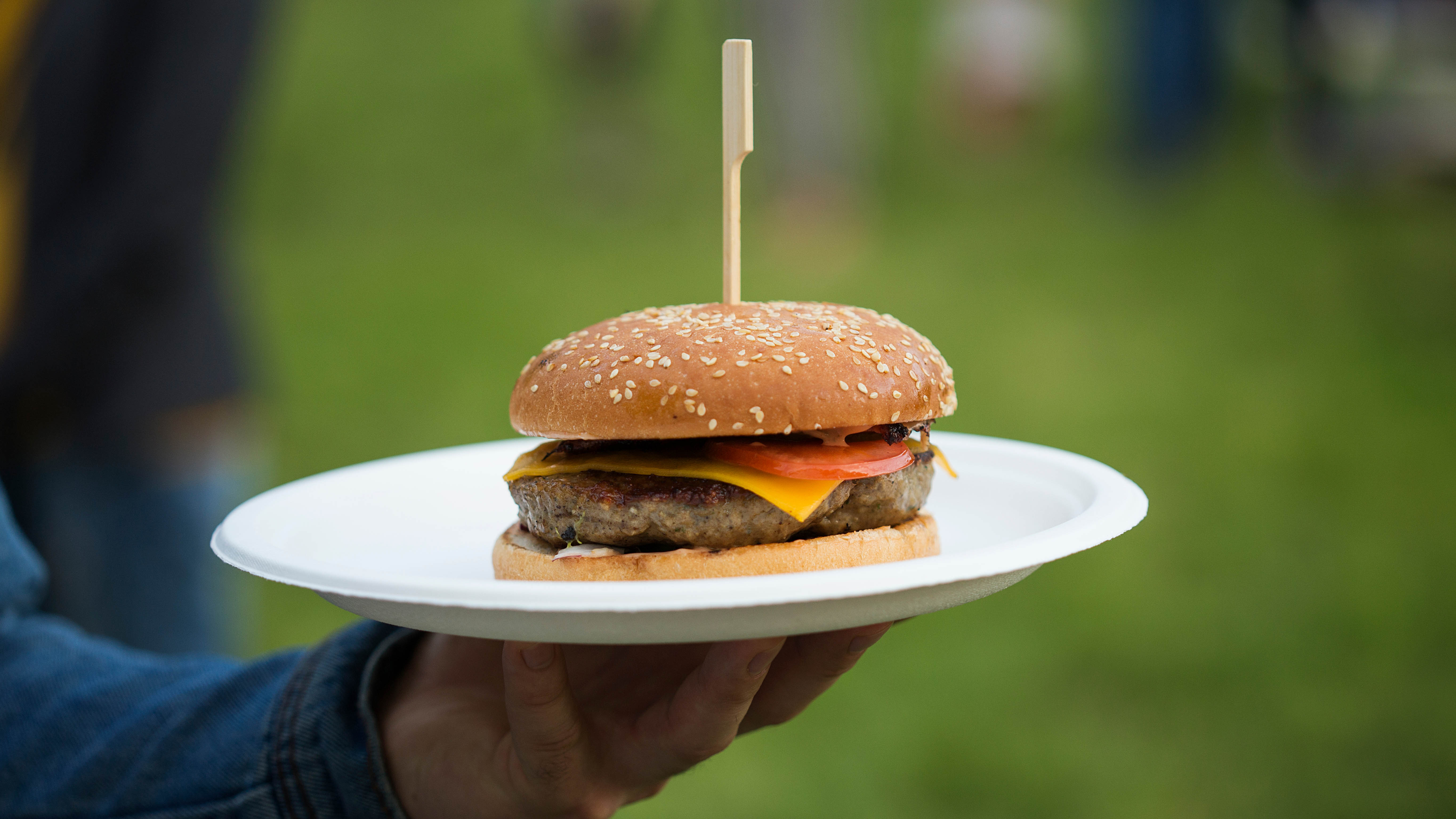
A bit like pizza boxes, paper plates, paper towels, and serviettes are all usually contaminated with food or grease and this makes them difficult to recycle. Paper towels and serviettes can be composted though, which is a great way to divert them from landfill.
As long as your paper plates don’t have a plastic coating they could also be composted. But often, items like paper plates and paper coffee cups have a layer of plastic to stop them absorbing too much liquid. In this case, they will have to go in the trash.
Remember, this list isn’t exhaustive, so if in doubt, always check if an item can be recycled. And remember, recycling collections and landfill should always be a last resort. It’s best to reuse or donate anything that could have a second life. As the old saying goes; one man's trash is another man's treasure.







